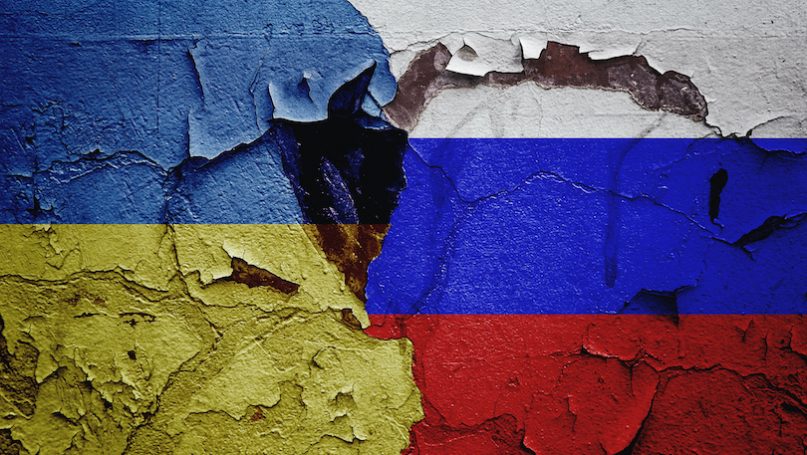By Mzukisi Qobo
Just as we thought we were at the tail end of the most devastating pandemic in recent history, the world has turned out to be a dangerous place in the wake of Russia’s invasion of Ukraine.
This war will have a long-term adverse effect on African countries if it continues for much longer. Further, it will weaken multilateral institutions that have maintained a semblance of global stability for a long time. It will also magnify social and economic risks for many years to come.
The Ukraine war has quickly transformed from a neighbourhood conflict to one with a broader geopolitical dimension. This has severe implications for developing countries dependent on a stable international trading environment for their economic well-being. African countries fall under this category, and several of them have weak social and economic resilience. They are vulnerable to global supply chain disruptions, which we witnessed at the height of the COVID-19 pandemic.
History offers us some clues about the economic effects of war. The 20th century was marked by horrors of violence, instability, economic failure and famine for the world’s poorer regions. The Cold War era that lasted for four decades after World War II stunted the economic progress of many countries outside of North America, Western Europe and Japan — and, to some extent, the Asian Tigers that benefited from the US economic largesse.
The US has cast this war as a conflict of techno-democracies versus techno-autocracies, painting Russia and China with the same brush and castigating them as dangerous for the world. There is the failure of self-criticism in the West to reflect on the role of Western countries in furthering global instability, the defects of the existing global order, representational weaknesses in multilateral institutions and the projection of Western power in unattractive ways, which triggers backlash from non-Western countries. Before the Ukraine war, the US painted China as a strategic rival.
There is no doubt that Russia violated Ukraine’s territorial integrity, but the West has displayed a failure of leadership to create a bridgehead that would pave the way for a peaceful accommodation.
For all of the US’s talk about the need for the rising powers to assume greater responsibility in global leadership, it has never been comfortable with a formidable competitor in the global system.
Russia represents a new battlefront for the US. Biden’s visceral hostility towards China has pushed the two countries to each other’s embrace. Even though China is not Russia’s natural ally, the dictum that the enemy of my enemy is my friend could be its pragmatic operative lens in navigating the friction between the Western powers and Russia.
We now have two major economic and security powers on a collision course with the US and, by implication, its allies in Europe and the Indo-Pacific. The US views these two countries as representing a threat to liberal democracy internationally and that their technological rise could eclipse its pre-eminence in the world.
The cessation of hostilities and peaceful negotiations seem a remote possibility. The more the US builds military support for Ukraine and unveils fresh sanctions, the more Russia will become recalcitrant. And the more intense the conflict becomes, the less wriggle room for diplomacy.
The Ukraine war is disrupting the financial markets, fragmenting supply chains and increasing the price of food and commodities. Just as in the crisis of the 1970s, the African continent will be a casualty. The war is generating new economic shocks and risks. Increases in the price of energy, metals and food on the back of the Russia-Ukraine war are raising inflation concerns around the world and with food security implications for many African countries.
The old problems of sovereign debt risks will loom large for many African countries that no longer have much fiscal space to support their development programmes. There is also the risk that European countries will divert most of their aid to Ukraine, essentially tying them to their foreign policy interests, with Africa left behind.
Africa’s worsening conditions could spell the return of the lost decade of the 1980s that triggered famine, political instability, and governance failures. African leaders should think more seriously about strengthening Africa’s agency, which requires improvements in the governance architecture, enhancing the capabilities of the state, building social and economic resilience, and pursuing external relations on a pragmatic and diversified basis.
The world needs far-sighted leadership that can transcend narrow self-interest and consider the collective well-being of the global society. Global leaders must work harder to find diplomatic solutions to the current war.
Source: Mail&Guardian

 Join Daily Trust WhatsApp Community For Quick Access To News and Happenings Around You.
Join Daily Trust WhatsApp Community For Quick Access To News and Happenings Around You.


